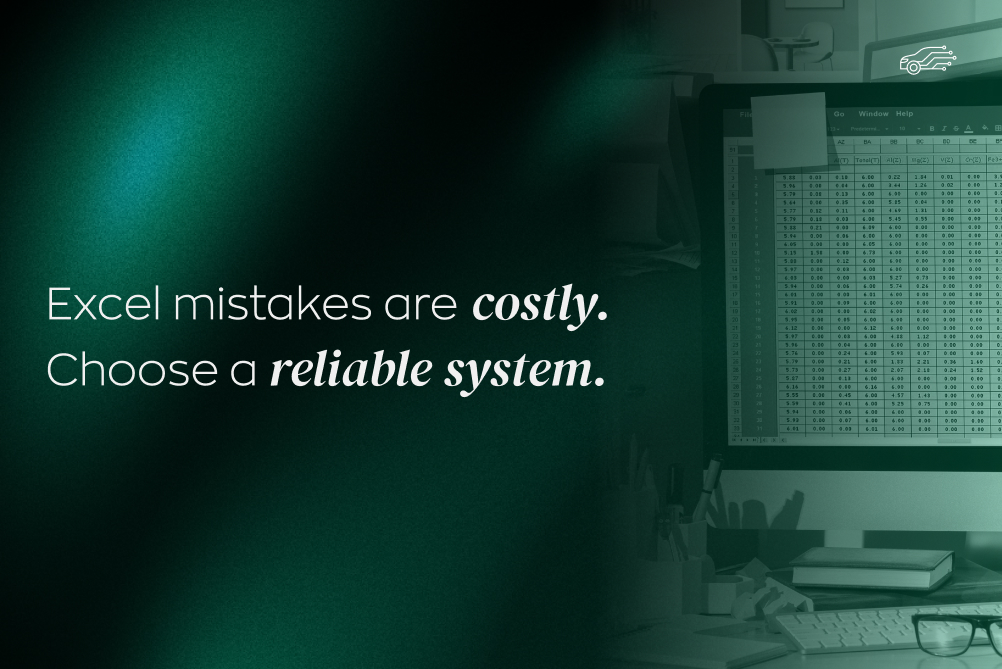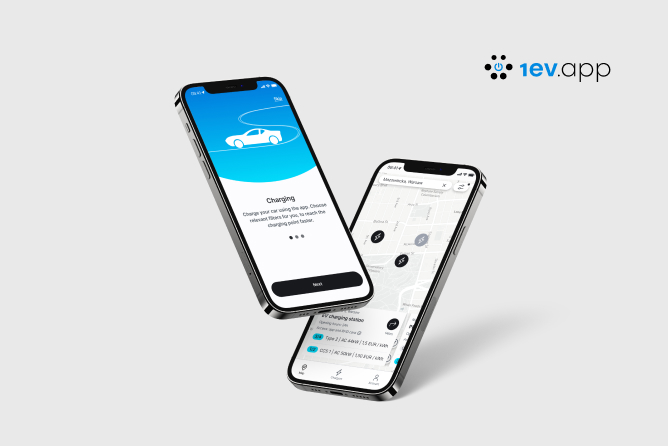Why does quality control matter?
Working with a software house is an investment — in time, money, and strategic goals. Whether you're hiring a software house from Katowice or an overseas partner, the quality of their work directly impacts your business outcomes. Without proper monitoring, you risk misaligned deliverables, delays, or costly reworks.
What does “quality of work” really mean?
Quality is not just about bug-free code. It also covers:
- effective and transparent communication,
- alignment with business requirements,
- timely delivery,
- application security,
- scalability of the solution,
- proper documentation and knowledge transfer.
Key elements to monitor
1. Define clear KPIs upfront
Set measurable key performance indicators from the beginning, such as:
- average lead time per task,
- test coverage percentage,
- post-deployment bug ratio,
- external or internal code quality score.
This makes performance measurable — and comparable over time.
2. Sprint demos and regular feedback
If your partner uses agile methodologies, attend sprint demos. These sessions allow CTOs, Product Owners, or stakeholders to validate progress.
If you're working with a dedicated agile team, consider regular one-on-one feedback loops that go beyond tasks — focusing on collaboration, productivity, and team dynamics.
3. Code audits and code reviews
External audits and internal reviews help verify adherence to clean code principles, architectural patterns, and static code analysis. Don’t assume all code is created equal — measure it.
4. Transparent reporting and communication
A reliable software house provides:
- access to Jira, ClickUp, or similar tools,
- weekly or bi-weekly status reports,
- source code access (e.g., GitHub),
- ongoing documentation updates.
If you lack access to any of these, consider it a warning sign — even if progress looks smooth.
5. Real user feedback
Launching an MVP gives early access to real user behavior. Measure:
- app performance and load times,
- user-reported bugs,
- satisfaction and retention metrics.
Sometimes the most valuable feedback comes from outside your dev team.
How to avoid quality issues?
- Choose a software house with proven delivery standards and transparent workflows. A local partner, like a software house in Katowice, can offer quick turnaround times and in-person collaboration when needed.
- Ask the hard questions - about methodologies, team seniority, and crisis handling scenarios.
Conclusion
Monitoring a software house is not about micromanagement - it's about building a results-driven partnership. The more you invest in clarity and oversight, the more value you get from the collaboration. At the end of the day, quality determines whether your product succeeds, scales, and performs in the real world.




%20(1).jpg)

.jpg)

.jpg)
.jpg)
.jpg)



.png)



.jpg)
.jpg)


.jpg)
.jpg)



.jpg)
.jpg)
.jpg)
.jpg)
.jpg)
.jpg)

.jpg)
.jpg)
.jpg)
.jpg)
.jpg)
.jpg)
.jpg)
.jpg)
.jpg)






.jpg)
.jpg)
.jpg)

.jpg)

.jpg)


.jpg)
.jpg)

.jpg)
.jpg)

.jpg)

.jpg)
.jpg)
.jpg)

.jpg)
.webp)

.webp)


.jpg)









.webp)


.webp)
















